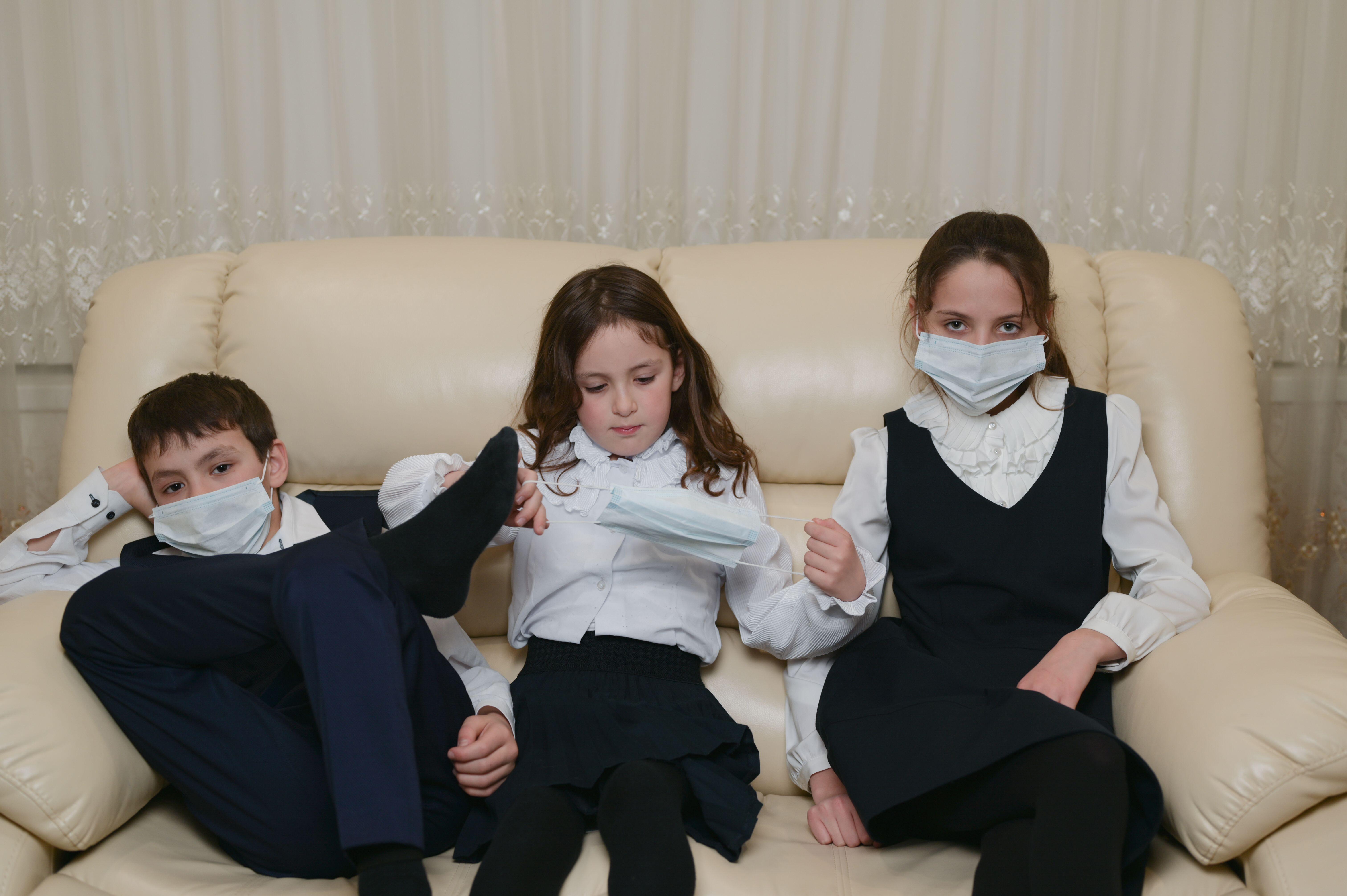Primary school children with long Covid ‘more likely to have mental illness’
The Office for National Statistics found pupils aged five to 11 with long Covid were 30% more likely to have a mental disorder.

Your support helps us to tell the story
From reproductive rights to climate change to Big Tech, The Independent is on the ground when the story is developing. Whether it's investigating the financials of Elon Musk's pro-Trump PAC or producing our latest documentary, 'The A Word', which shines a light on the American women fighting for reproductive rights, we know how important it is to parse out the facts from the messaging.
At such a critical moment in US history, we need reporters on the ground. Your donation allows us to keep sending journalists to speak to both sides of the story.
The Independent is trusted by Americans across the entire political spectrum. And unlike many other quality news outlets, we choose not to lock Americans out of our reporting and analysis with paywalls. We believe quality journalism should be available to everyone, paid for by those who can afford it.
Your support makes all the difference.Primary school-aged children with long Covid are significantly more likely to have a mental disorder than those without, according to a survey.
The Office for National Statistics (ONS) found pupils from reception to Year 7 suffering long-term effects of the virus were 30% more likely to have at least one probable mental illness.
Parents across the country were sent questions to answer on behalf of their children, with around 1% of primary school pupils estimated to meet the Delphi criteria for long Covid.
The Delphi method defines long Covid as being present if symptoms affecting everyday life continue over a 12-week period or longer.
A total of 8% of primary school-aged pupils were found to have a probable mental disorder and a further 7.6% had a possible mental disorder, according to the figures.
About 30% of children with long Covid presented with a probable mental illness compared with 7.7% without long Covid.
The trend was similar for secondary school pupils – 22.6% compared with 13.6% – but this was not found to be a statistically significant difference.
The ONS added that the analysis does not account for children’s mental health status before having Covid, so causality cannot be inferred.
Around 2.7% of secondary school students met the Delphi criteria for having experienced long Covid and 13.8% overall had a probable mental illness, according to the data.
Among primary and secondary school students, “loss of taste or smell” was the only symptom more prevalent for those with a positive Covid test than those without.
The study also surveyed headteachers about the level of mental health provision in schools, with 87% saying their school had a designated lead for mental health.
Of those with a designated lead, 95% said they felt very or fairly confident that their school was able to implement the activities needed to develop a whole-school approach to mental health.
Lack of time and staff resource pressures were among the reasons listed for not feeling confident in the remaining 5%.